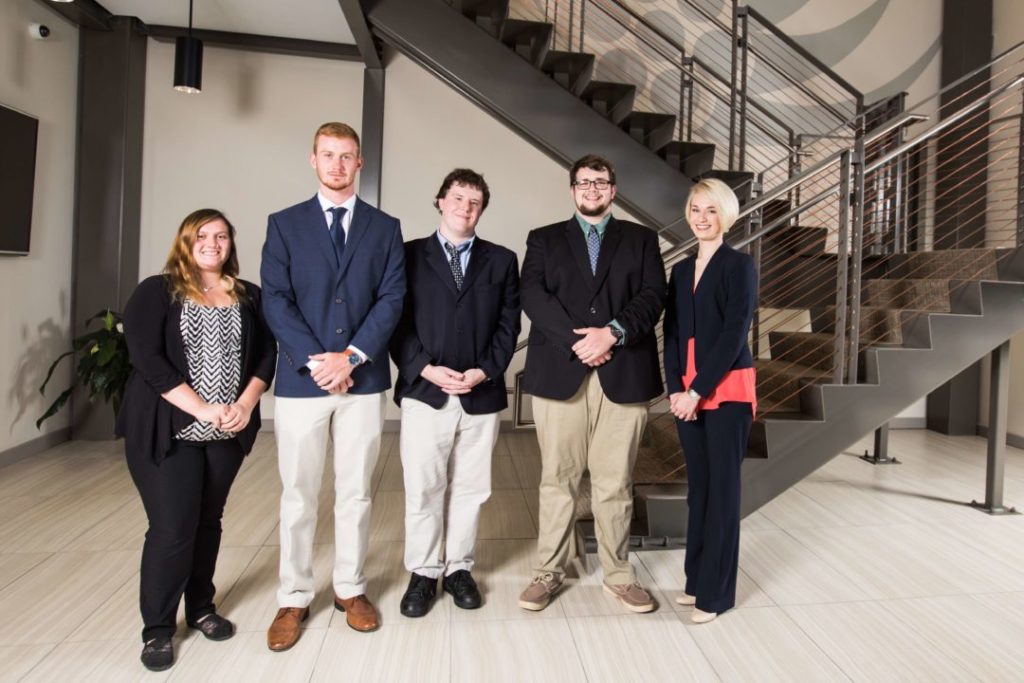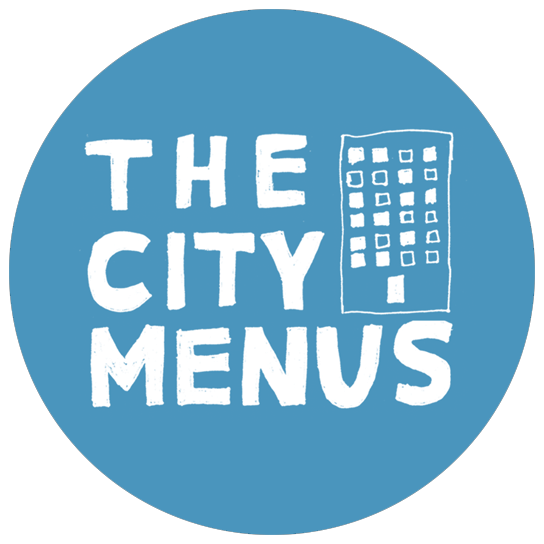
Few people graduate college having completed a project with a real-life budget and presented it to the leadership of one of the largest wire manufacturers in the world.
But that’s true for a select group of students in the Richards College of Business at the University of West Georgia. In their second year of college, these students – members of the Southwire Sustainable Business Honors Program (SSBHP) – are assigned a project by Southwire leaders to find a solution to a challenge the company is facing.
“Our students are given real-world parameters like deadlines and budgets, and that really puts the realities of a task in focus,” said Melanie Hildebrandt, who serves as director of SSBHP at UWG. “This isn’t the theoretical exercise we present students within lecture halls. This is real money of which they have to be good stewards. That shows the high level of trust Southwire puts in this program and our students.”
Most recently, the fourth cohort of SSBHP students were tasked with finding an alternative to Southwire’s previous employee engagement survey.
Previous second-year SSBHP projects include the introduction of the Zagster BikeShare program to the Carrollton GreenBelt, creating new attendance guidelines for 12 for Life students and gamification of Southwire’s safety initiatives.
Ashley Bush, director of communications and employee engagement at Southwire, said the new platform provides the company with valuable employee feedback and real-time engagement metrics.
“We launched the engagement survey tool this fall, and it has been a great success,” Bush said. “This platform, along with the other cohorts’ ideas and programs, are making invaluable contributions to the company and our community while also allowing students to gain valuable experience with Southwire’s business strategy and leadership.”
Amelia Farmer, a UWG senior who will graduate with her bachelor’s degree in May 2019 and master’s degree in May 2020, is in SSBHP’s fourth cohort and worked on the employee engagement survey project.
“Southwire wanted us to find a third-party company that could give them more real-time, sustainable data on which managers could take action,” Farmer said. “We were fortunate to identify a company who fulfilled every requirement.”
But, all wasn’t smooth sailing. The project team faced challenges through the process, including initial concerns about the budget during their pitch.
“That was a great learning experience for this group of high-achieving students who aren’t used to failing,” Hildebrandt said. “That’s something we couldn’t teach in a classroom.”
Fast-forward a year, though, and after Southwire’s top executives had taken time to consider the value of the proposed survey platform, they elected to move forward with the new tool.
“I was so excited for our students when I found out Southwire would be implementing the platform they presented,” Hildebrandt said. “That showed our students that all of their hard work was worth the effort. That’s what we try to foster with this experience.”
The only program of its kind in the United States, SSBHP allows students to: earn their bachelor’s degrees, master’s degrees and a sustainability certificate in four years; gain real-world experience through internships; participate in one-of-a-kind projects; and conduct research with real-time workplace application.
Students learn traditional business practices through Southwire’s sustainability tenets of Growing Green, Living Well, Giving Back, Doing Right and Building Worth. Instructors weave these ideals into lectures, assignments, projects and experiences, both in the classroom and in real applications as students work alongside members of the Southwire team.
Farmer said her experience couldn’t have occurred at any other university but UWG.
“Southwire has plenty of well-qualified, amazing employees who could have found a solution to their survey challenge, but they took a chance on UWG students because they know we’ve been trained to complete a project of that scale and importance,” Farmer said. “It’s an experience like none other to be able to present our ideas to leaders in the community, and that gives me a level of confidence that students at other universities just won’t have.”

